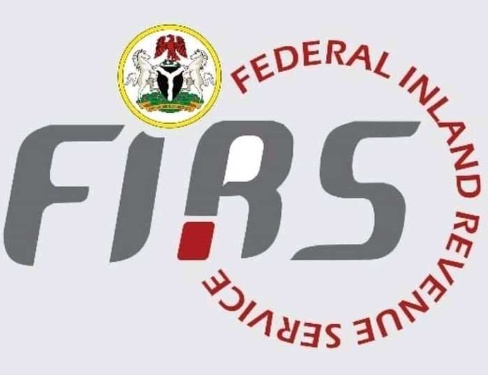The Federal Inland Revenue Service as we know it is the federal government agency charged with mobilizing revenues through tax collections across the length and breadth of Nigeria for the development of the country. At a time when the country is witnessing a significant reduction in oil revenues (Nigeria’s major revenue earner) as a result of several factors, such as low levels of oil production, oil theft and the global oil glut, the Buhari administration has had to devise creative ways of generating revenues for the execution of numerous government projects.
With this policy direction and initiative, the Federal Inland Revenue Service took the challenge to bridge the yawning revenue gap. In doing this they expanded the tax net to include several profit-making companies and organisations which had prior to the emergence of the Buhari administration played artful dodgers in tax payments and remittances. Of course the FIRS also introduced other innovative measures which have today raised the tax revenue profile to N10.1trillion in 2022 from a low of N5trillion when he assumed office in 2019.
Suffice it to say that the increase in tax collections has remained stable and consistent since Alhaji Muhammed Nami assumed the leadership of the FIRS as the Executive Chairman. As an expert in tax administration he realized the federal government’s predicament in sourcing for funds that will help rejuvenate an economy buffeted by the vagaries of the sharp drop in global oil prices. Therefore, as the price of oil kept plummeting at the international market, Muhammed Nami along with his management team took the gauntlet by quickly adorning their thinking caps and worked round the clock to help the Buhar administration deliver on its mandate and campaign promises to the Nigerian people.
Since then the FIRS started witnessing a steady increase in tax collections, and the result is that Nigeria was able to survive the shocks associated with the unpredictable oil market. Simply put, the FIRS became the first federal government agency to achieve tangible results in the federal government’s revenue diversification policies.
To put the monumental feat achieved by the FIRS with the realization of N10.1 trillion in tax collection within a period of one year in a proper perspective, it is pertinent to take a cursory look at the following four years figures of tax collection in the country and they clearly show how the Nami-led FIRS has fared under an inclement economic weather.
In 2019, the agency realized N5.32 trillion; in 2020 the agency netted N4.9 trillion, this was the year that the COVID pandemic dealt a hard blow to the global economy; in 2021, the Service collected N6.45trillion, which was as at then the highest ever collected and over 100% of its collection target; while in 2022, it achieved the jaw-breaking highest tax collection ever of N10.1trillion.
Perhaps, one interesting aspect of this report is the increase in non-oil collection achieved by the Service. Non-oil collection stood at N5.96 trillion, while oil collection was N4.09trillion. Before now Nigeria was helplessly dependent on oil revenues, and the reality is that the country was in no advantageous position to control or influence the impact of changes of oil prices on our national economy.
The implication of these increases is that the FIRS has innovatively widened the scope of collectible taxes in Nigeria as well as applied an aggressive tax drive, and the result is that while oil prices were staggering across the globe, and to the detriment of oil-producing countries including Nigeria, the FIRS provided the financial succor that has helped Nigeria’s economy to withstand the debilitating impact and the federal government placed in a position to carry out its mandate of rendering service to the people.
By Chukwudi Enekwechi, JP
Kwechis19@yahoo.com




